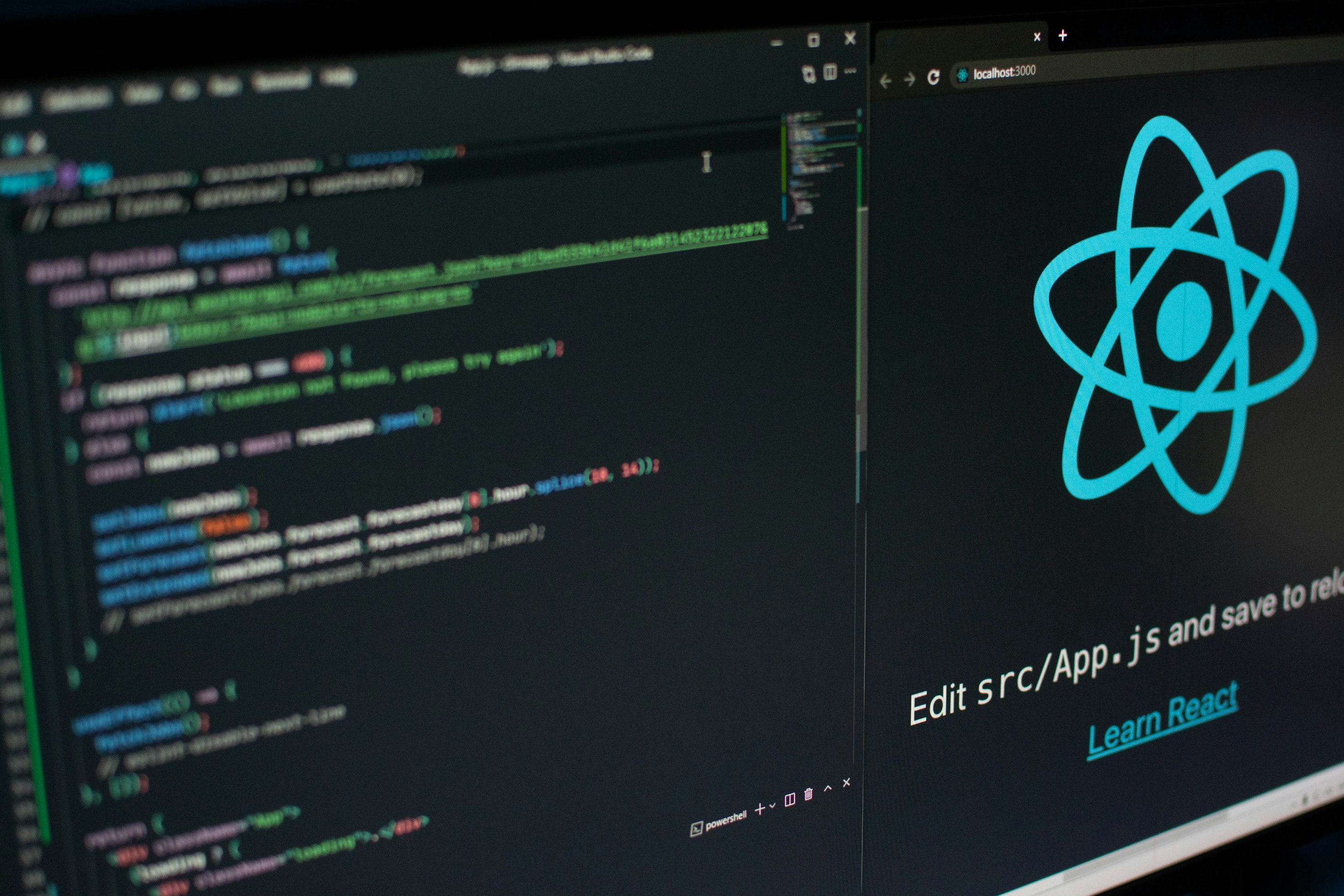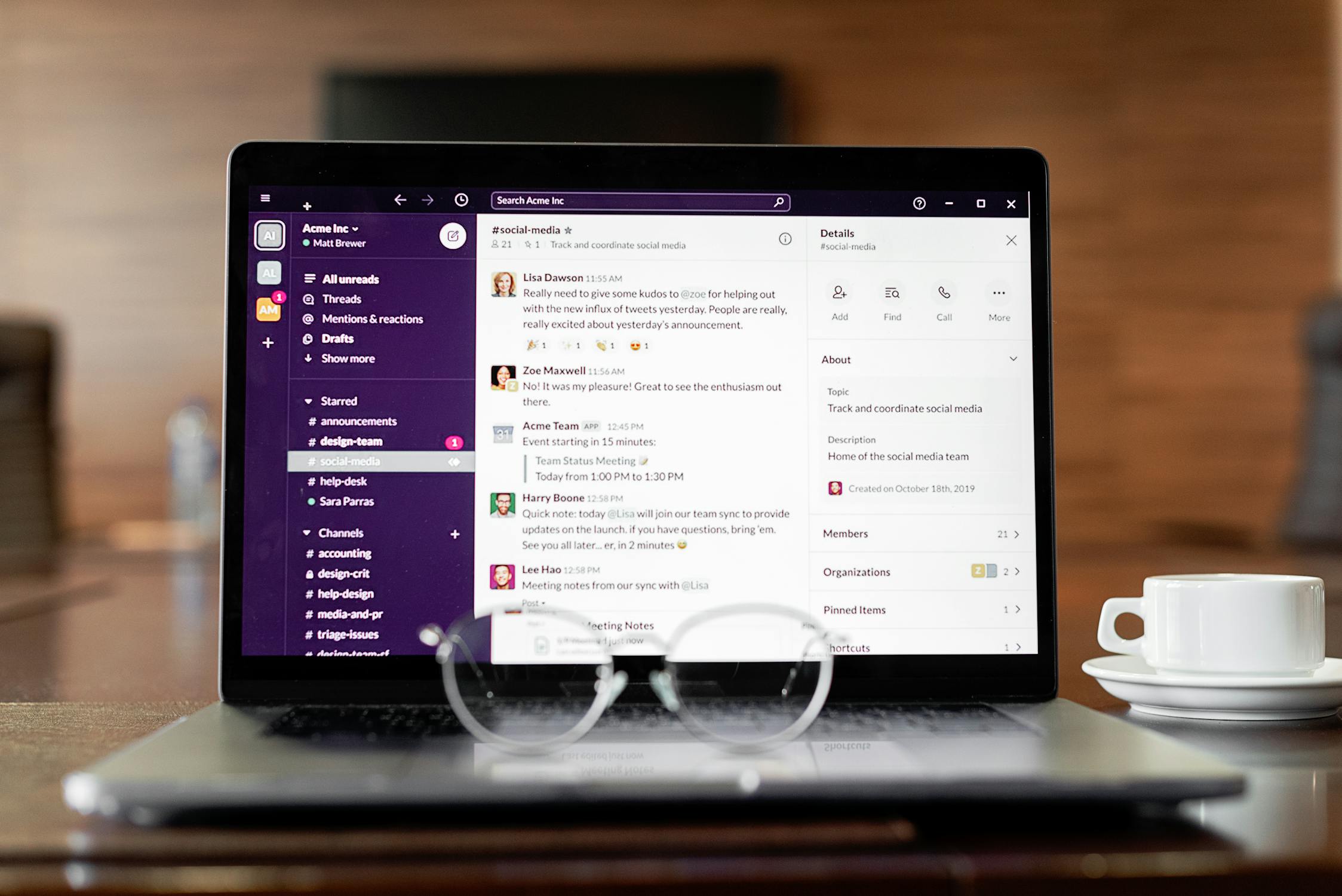What Should I Look For When Hiring Programmers Remotely?
Learn How to Hire Better Programmers for your Remote Team
Embarking on the journey to hire remote programmers can be both an exciting and daunting task. The world of remote work has opened doors to a diverse pool of talent, making it both easier and more challenging to find the right fit for your team.
As you sift through a sea of applications, it's crucial to look beyond just technical prowess or prestigious credentials.
The real task lies in identifying candidates who not only excel in their coding skills but also align with your team's culture and work ethic. In this guide, we'll explore key indicators – beyond the resume – that help pinpoint the programmers who can truly contribute to and thrive in your remote work environment.
It's about understanding the whole picture, not just the pixels.

The Best Things to Look For When Hiring Programmers Remotely
The Minimum Coding Skills Needed
When scouting for remote programmers, clarity in your job ad makes all the difference. Pinpoint whether you need a front-end wizard, a back-end expert, or perhaps a full-stack maestro. Specify the programming languages and technologies crucial for the role – be it Python, JavaScript, or Ruby on Rails. It's not just about finding a programmer; it's about finding the right programmer for your specific needs. This detailed approach ensures that the resumes landing in your inbox align closely with your project requirements, making your selection process more streamlined and effective.
Beyond the resume, a candidate's portfolio is your window into their real-world skills. It’s here you’ll find the proof of their proficiency and problem-solving abilities. Dive into their code samples, evaluate the complexity and scale of the projects they’ve tackled. Look for clean, well-documented code that indicates a meticulous and thoughtful approach. This level of scrutiny helps you gauge not just their technical capabilities, but also how they approach tasks and solve problems – critical factors in a remote working environment.
Experience With Remote Work or Project Tools
In the remote world, a programmer's familiarity with project management tools can be a game-changer. Candidates seasoned in remote work likely have hands-on experience with platforms like Trello, Asana, or Basecamp. This familiarity is a huge plus – it means they can hit the ground running, with little to no learning curve on these tools. It's not just about their coding skills; it's about how seamlessly they can integrate into your remote workflow.
For those new to remote work, gauge their adaptability. Ask about their experience with any project management systems, or how they organize and track their work independently. You can even consider a practical approach: assign a small task using your team’s preferred tool. This test not only reveals their adaptability to new tools but also gives insight into how they manage tasks and deadlines autonomously. Such insights are invaluable in understanding if a candidate can thrive in a remote setting, where self-management is key.

Strong Work Discipline
In the realm of remote work, a programmer’s work discipline is a pivotal trait. It's not just about their coding skills; it's about how they manage their time and adapt to various work scenarios. During interviews, delve into their work habits. Ask about their daily routines and preferences for work environments. Are they night owls or early birds? How do they balance collaboration and independent work?
Their answers offer insights into their adaptability, learning agility, and how they handle challenges. For instance, asking about a time they navigated a project setback can reveal their resilience and problem-solving approach. Such insights are invaluable, painting a picture of how they'll fit into your team’s culture and workflow. It's about finding that candidate whose discipline aligns with your team's ethos, ensuring a seamless integration into your remote work dynamic.
Excellent Communicator
When hiring remote programmers, their ability to communicate effectively is as crucial as their technical skills. A programmer's communication prowess can often be initially gauged from their application materials. A well-written cover letter and a clear, concise resume can be early indicators of strong written communication skills. However, don’t stop there.
In a remote setting, verbal communication skills are equally important. These skills are vital in ensuring smooth collaboration and clear understanding among team members, especially when complex technical details are involved.
During interviews, pay attention to more than just their answers. Observe how candidates listen, respond, and engage in conversation. Active listening, the ability to contribute constructively to discussions, and maintaining engagement are key indicators of strong verbal communication skills. Remember, in remote work, your team relies heavily on various communication channels like emails, chats, and video calls.
A programmer who excels in communication not only helps in driving projects forward effectively but also plays a vital role in maintaining team harmony and morale. Assessing these skills early in the hiring process can save you from future miscommunications and project roadblocks.

Culturally Fit for Your Team
When hiring remote programmers, ensuring they mesh well with your team's culture is just as important as their technical skills. Interpersonal dynamics can significantly impact team cohesion and overall productivity.
During the interview process, it's beneficial to delve into the candidate's personality and values. Share aspects of your company's culture and observe their reactions. Are they enthusiastic about collaborative projects? Do they align with your team's core values and work ethos? It's not just about finding common ground on trivial matters but understanding if their approach to work and problem-solving complements your team's style.
Assessing cultural fit may seem challenging remotely, but it's crucial for building a harmonious and effective team. It's about more than just filling a role; it's about adding a new, fitting piece to your team's puzzle.
Ready to Start Hiring Remote Programmers?
As we wrap up this guide, it's clear that hiring remote programmers involves much more than assessing technical chops. You're looking for a well-rounded individual who can blend seamlessly into your remote work culture, communicate effectively, and bring a disciplined approach to their tasks.
Remember, the right hire can contribute significantly to your team's long-term success and even become a source of great referrals. Ready to dive into the talent pool? Don’t forget to explore Work Remote Now!, where a world of skilled remote programmers awaits. Post your job listing and you might just find the ideal candidate for your team sooner than you think. If you have multiple positions don't forget to check out our bundle pricing for discounts on 10 or more listings.

